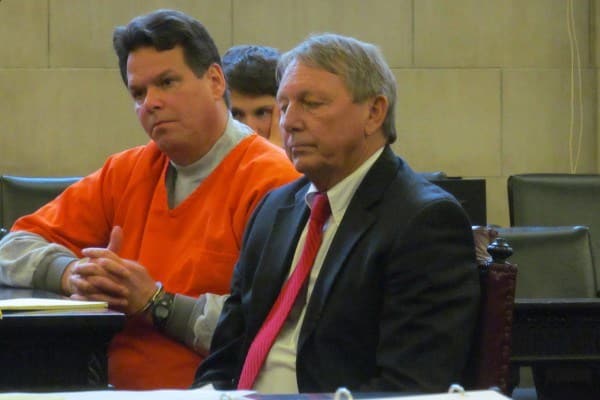In 1988, Dennis Dechaine was given a life sentence for the murder and rape of a 12 year-old child, Sarah Cherry. The evidence in the case was overwhelming and included confessions obtained from Mr. Dechaine, admitting that he committed the crimes. Mr. Dechaine even confessed to his attorney, who then told investigators where to find the young girl’s body.
Since 1988, Mr. Dechaine has brought multiple appeals to the Maine Law Court in an attempt to have his conviction overturned or for a new trial. Mr. Dechaine and his legal team recently argued their case to the Maine Law Court, stating that in light of DNA evidence, he should be given a new trial. It is highly likely, in fact, I would say, practically certain, that the Maine Law Court will deny this latest appeal.
In Maine, in order to obtain a new trial due to recently obtained DNA evidence, the Defendant bears the burden of demonstrating that the newly obtained DNA evidence could only have come from the person who committed the crime; to the exclusion of the Defendant. The DNA evidence must outweigh all the evidence previously admitted in trial. Otherwise, the Defendant is not entitled to a new trial.
In the current appeal, the Justices of the Maine Law Court appeared skeptical in their questioning of Dechaine’s attorney. Justice Mead commented that “your argument hangs on the thread that there was a struggle and somehow during the struggle the perpetrator’s DNA ended up underneath her fingernails.” Justice Mead went on to comment further, stating the following: “you think this is inconclusive evidence of stuff under the victim’s fingernail would have produced a different verdict“? It would appear that neither Justice Mead nor the other members of the Law Court believe that the newly acquired DNA evidence points to the perpetrator and/or that it would be enough to outweigh the overwhelming evidence of Dechaine’s guilt in the case.
While a Defendant in any criminal case has a right to appeal a judge’s ruling or verdict in a case, it appears that Mr. Dechaine has reached the end of proverbial road and may have exhausted his final avenue for appeal.


